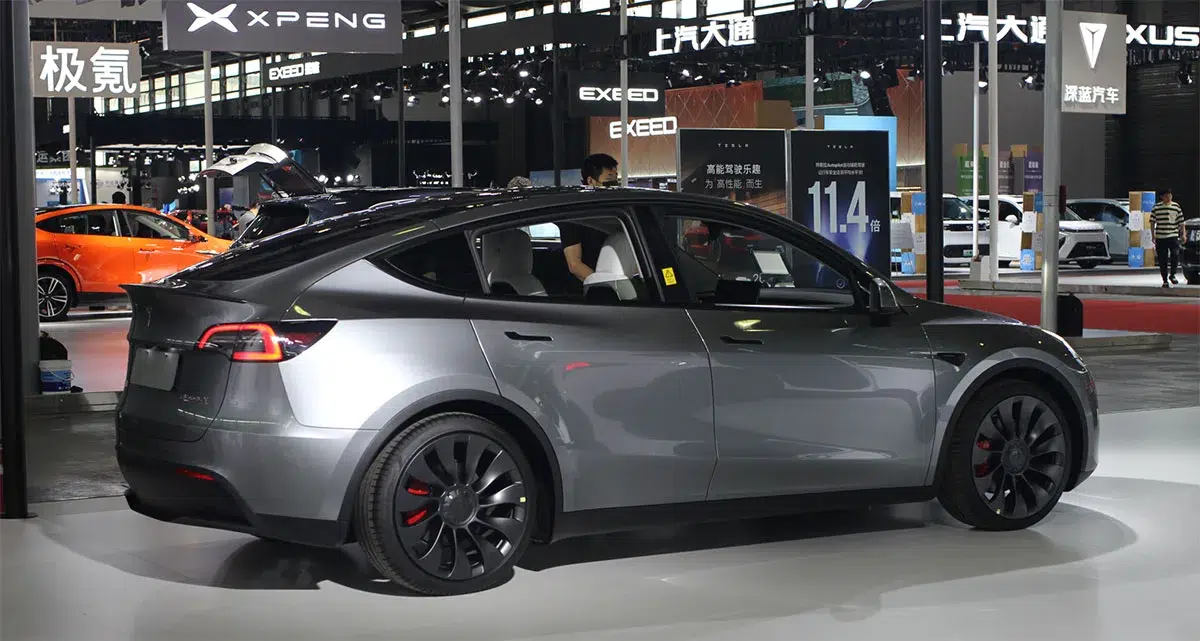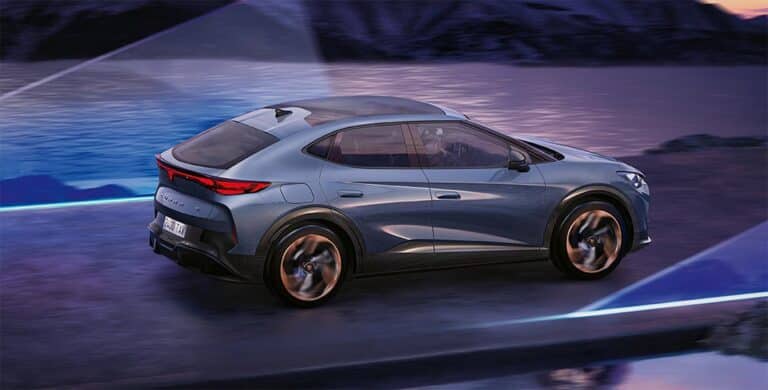EU member states voted in favor of imposing tariffs on EVs imported from China, making higher rates a five-year policy.

European Union member states voted on Friday to impose additional tariffs on electric vehicles (EVs) imported from China, making higher tariffs a five-year policy.
“Today, the European Commission's proposal to impose definitive countervailing duties on imports of battery electric vehicles (BEVs) from China has obtained the necessary support from EU Member States for the adoption of tariffs,” according to a statement from the European Commission.
This represents another step towards the conclusion of the European Commission's anti-subsidy investigation, the statement said.
In the meantime, the EU and China continue their efforts to explore an alternative solution that would have to be fully WTO-compatible, adequate in addressing the injurious subsidization established by the investigation, monitorable and enforceable, according to the statement.
The new tariffs will imposed by October 31, and they are on top of the existing 10 percent rate.
The European Commission formally launched an anti-subsidy investigation into imports of EVs originating in China on October 4, 2023, claiming they are distorting the European market.
On June 12, the European Commission pre-disclosed the level of provisional duties to be levied on BEVs imported from China, with BEV producers cooperating with the investigation facing a weighted average tariff of 21 percent.
At the time, BYD, Geely, and SAIC were listed with separate tariff rates of 17.4 percent, 20 percent, and 38.1 percent, respectively.
Since then, the proposed tariffs have been adjusted several times, with tariff rates ranging from 7.8 percent for Tesla to a top rate of 35.3 percent for SAIC and other companies deemed not to have cooperated with the EU investigation.
BYD's EVs will be subject to an additional 17 percent duty, while Geely's rate will be 18.8 percent.
After factoring in the existing tariff of 10 percent, Tesla would face 17.8 percent on EVs exported from China to Europe, BYD 27 percent, Geely 28.8 percent and SAIC 45.3 percent.
Other Chinese automakers that cooperated with the investigation but were not sampled face an additional 20.7 percent levy, or 30.7 percent tariff overall.
China has repeatedly denied unfairly subsidizing EVs and has threatened to impose tariffs on European dairy, brandy, and pork, as well as large-displacement fuel vehicles.
On September 23, the European Commission said in a statement that it launched WTO consultations to challenge China's anti-subsidy investigation into EU dairy products.
In the vote of the EU member states, there was a significant divergence of opinion.
Germany, Hungary, Malta, Slovakia, and Slovenia voted against, and Bulgaria, Denmark, Estonia, France, Ireland, Italy, Latvia, Lithuania, Netherlands, and Poland voted for additional tariffs, according to a Bloomberg report today.
Austria, Belgium, Croatia, Cyprus, Czech Republic, Finland, Greece, Luxembourg, Portugal, Romania, Spain, Sweden abstained.
